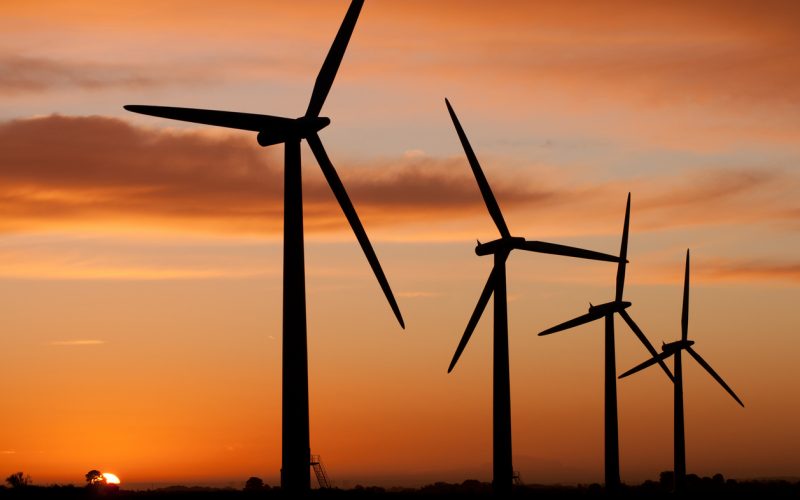Published on: July 19, 2021 at 8:07 AM
Our sector must lead the way to Net Zero. We won’t reach the targets set without the right people, in the right place, with the right skills. There are 277,000 predicted vacancies in our sector alone which need to be filled by 2029 and this will only increase with the growing need for green jobs.
In the past twelve months, over 147,000 green jobs vacancies were advertised across all sectors in the UK[1],– an increase of 24%, despite the restrictions of a global pandemic.
Of the points in the Government’s Ten Point Plan for a Green Industrial Revolution, the energy and utilities sector has responsibility for around half of them:
- Point 1: Advancing offshore wind
- Point 2: Driving the growth of low carbon hydrogen
- Point 4: Accelerating the shift to zero emission vehicles
- Point 8: Investing in carbon capture, usage and storage
- Point 9: Protecting our natural environment
We have a lot to do to retain and retrain our existing workforce. We also need to attract diverse talent to fill the increasing number of green roles in our sector.
The energy and utilities sector is working to identify the key technologies, knowledge, skills and behaviours required to deliver Net Zero. Our recent report – 2020: A Year in Focus – set out the sector’s aim to have secured sufficient investment by 2025 to support delivery of competent people in the right place and at the right time.
As Director of Strategic Accounts at Energy & Utility Skills I ensure that the sector’s Workforce Renewal & Skills Strategy 2020-2025 is driven forward across all priorities. Achieving Net Zero requires a skilled workforce capable of working in an ever evolving technological, economic, and political environment. The sector has identified key priorities with regards to competencies and skills. There are 3 consecutive work strands to maximise outputs and support industry needs:
Apprenticeships and Technical Education: Apprenticeships and technical programmes must befit for purpose to support the industry demand for new entrants and reskilling across the sector.
Emerging Skills: Key areas being researched are hydrogen as a replacement for natural gas, domestic low carbon technologies, EV charging points and Smart Networks (including AI, big data, Distribution System Operator transition). Work is set to assess the roles, skills and subsequent training programmes required and has been fed into the Green Jobs Taskforce, to address the green jobs needs in the transition to Net Zero.
Supply Chain Sustainability: The Procurement Skills Accord (PSA) continues to drive change by embedding skills development and investment in the supply chain to create a sustainably skilled sector workforce.
Over the next 12 months we will continue to develop resources to achieve resilience in our workforce. The delivery of resources – be they apprenticeship standards, modular programmes, end-point assessments, T Levels or other – will remain a priority as we support the transition to Net Zero by 2050.
[1] Source: Labour Insight (Burning Glass Technologies), 147,323 vacancies 1 July 2020–30 June 2021
